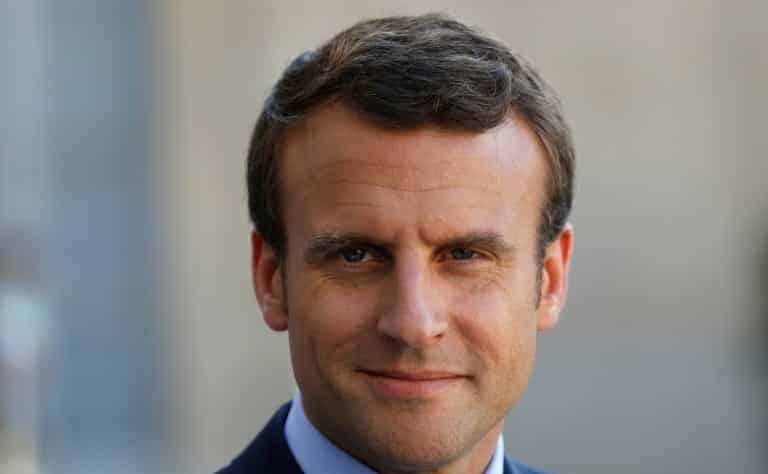Some federal lawmakers from Nigeria, together with their counterparts
from other African countries, have pledged to tackle modern slavery and
related issues like human trafficking, forced labour and commercial
sexual exploitation.
The lawmakers promised to combat modern slavery through the reviewing
and strengthening of the existing anti-slavery legislation; campaigning
to increase budgets to tackle modern slavery; and raising the awareness
of modern slavery through debates in Parliament and in the media.
These pledges were made at the Africa Regional Workshop on modern slavery hosted in Entebbe, Uganda.
The workshop which was organised by the UK branch of the Commonwealth
Parliamentary Association, CPA UK had in attendance House of
Representatives members: Ibrahim Abdullahi, Ayokunle Isiaka, Abdulrahman
Shuaibu, and Samuel Ikon, who is the Chairman, House Committee on
Inter-Parliamentary Relations.
Lawmakers from Ghana, Uganda, Kenya, Malawi and Mozambique also attended the workshop.
Four clerks of Nigeria’s National Assembly also attended the workshop.
CPA UK said during the workshop that the victims of modern slavery are estimated to be around 45.8 million worldwide.
It noted that the legislators from the six African countries who
attended the workshop showed “a significant increase in their
understanding and commitment towards combating human trafficking and
exploitation.”
Nigeria, according to the Global Slavery Index, is estimated to have
the highest number of people living in slavery in the Africa Region,
with the main areas of concern being forced domestic servitude,
commercial sexual exploitation and child labour (including the
recruitment of child soldiers).
A U.S-based Nigerian, Evon Idahosa, who is the founder and Executive
Director of Pathfinders Justice Initiative, was one of the speakers at
the workshop.
Ms. Idahosa, a human rights lawyer, wrote about the event on Facebook.
“Human trafficking evolves from human suffering, a phenomenon that is manipulated by others in a position of power and control.
“It has led to the biggest refugee crisis in recorded history and
made a lot of people filthy rich, considering that the average
trafficked woman is forced to have sex with approximately 4,000 men to
pay off her debt,” she wrote.
Ms. Idahosa said on the social media site that the posture in Nigeria
was changing, regarding the issue of modern slavery and human
trafficking.
“I am hopeful,” she wrote.
In an interview during the workshop, the UK Independent Anti-Slavery
Commissioner, Kevin
Hyland, said: “My hope is that this becomes one of
the priorities for the (Africa) region.
“From the discussions, here it is clear that there is an appetite for
modern slavery to be a priority issue. So, I hope that the African
governments see this as an issue they need to address and ultimately
that we eradicate this crime not just in Africa, but globally.”
CPA UK runs Modern Slavery Project – a two-year initiative which
seeks to provide tailored support for individual parliaments in the area
of legislative drafting, as well as building a network of legislators
committed to tackling modern slavery across the Commonwealth and beyond.
















